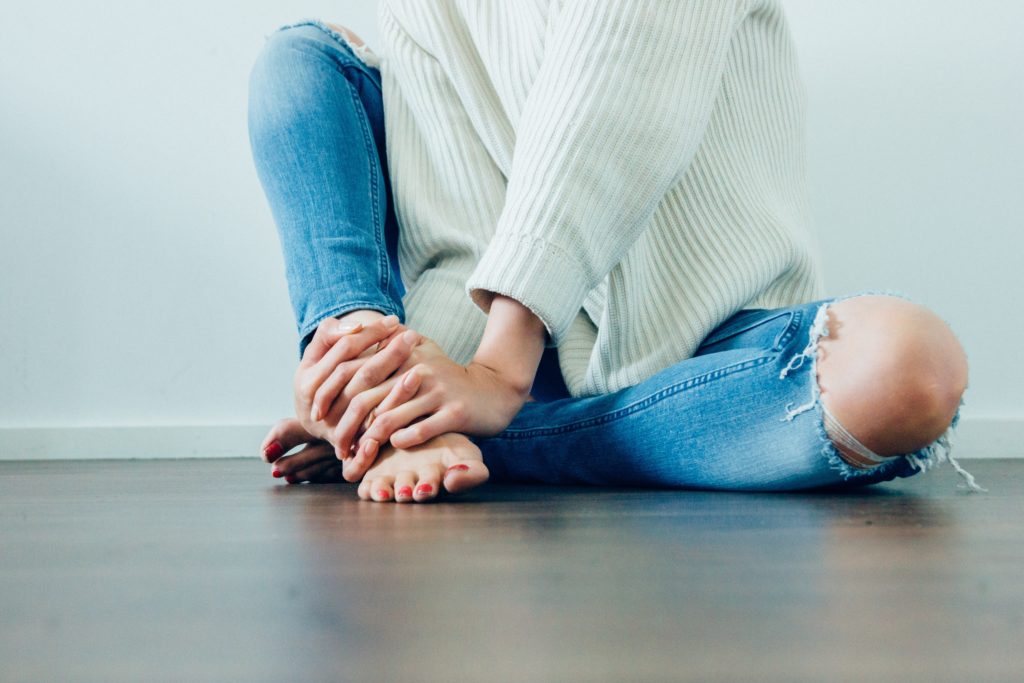How Endometriosis Impacts You Every Day

Pain. Fatigue. Emotional strain. Women with endometriosis deal with those issues, in addition to others, on a daily basis. Pain is the dominant symptom of endometriosis, which occurs when the cells normally lining the uterus develop outside of the organ, and as most women with this condition will attest to, those severe cramps, pelvic and abdominal pain can be agonizing to live with day in and day out.
It’s Not Just Pain
When urination, bowel movements and sex are all filled with pain, it can be difficult to get through the day. Endometriosis causes all of those problems and the pain can be so severe and physically draining, leaving women exhausted with little energy.
Calling in Sick
Because this condition is so energy-depleting, it can affect both a woman’s performance at work and even her ability to show up every day. Being tired and in pain may lead to an excess of sick days. In addition, since women with endometriosis don’t appear sick and look healthy, it’s sometimes difficult for others to relate to their struggles. This can impact their social and work-life and romantic relationships.
Infertility Issues
One of the symptoms associated with endometriosis is infertility. Although women with this condition can still give birth and have healthy children, many women struggle while trying to get pregnant. Some women may need to use a reproductive assistant, such as in vitro fertilization. This issue can take both an emotional and physical toll.
Eating (and Drinking) Right
Women with endometriosis need to be particularly careful about what they eat and drink every day. Certain adjustments can help lessen symptoms and reduce inflammation. Also, because estrogen plays a key role in the growth of endometriotic tissue, dietary restrictions can help ensure that the hormone is balanced properly.
A diet rich in fish, nuts, seeds, vegetables and legumes is recommended. Also, women with the condition should avoid alcohol, wheat, red meat, sugar, dairy, eggs, refined carbohydrates and caffeine.
Dealing with the Pain
- Medication is an effective way to manage the pain associated with this condition. Your doctor may prescribe non-steroidal anti-inflammatory drugs to help with mild pain or opioids for more severe pain.
- Physical activity has been shown to help with the pain and fatigue that comes along with endometriosis. Exercise increases sleep quality and energy and can reduce spiking estrogen levels.
- For women who do not want to undergo a hysterectomy endometrial ablation surgery is a great option. This procedure, which only takes about 20 minutes, removes the inner endometrial lining of the uterus. There are no incisions made during the surgery, yet it will reduce or stop the menstrual flow, which will help with the issues associated with endometriosis.
If you’re struggling with getting through the day because of endometriosis, schedule an appointment to find out more about the treatment options available.
